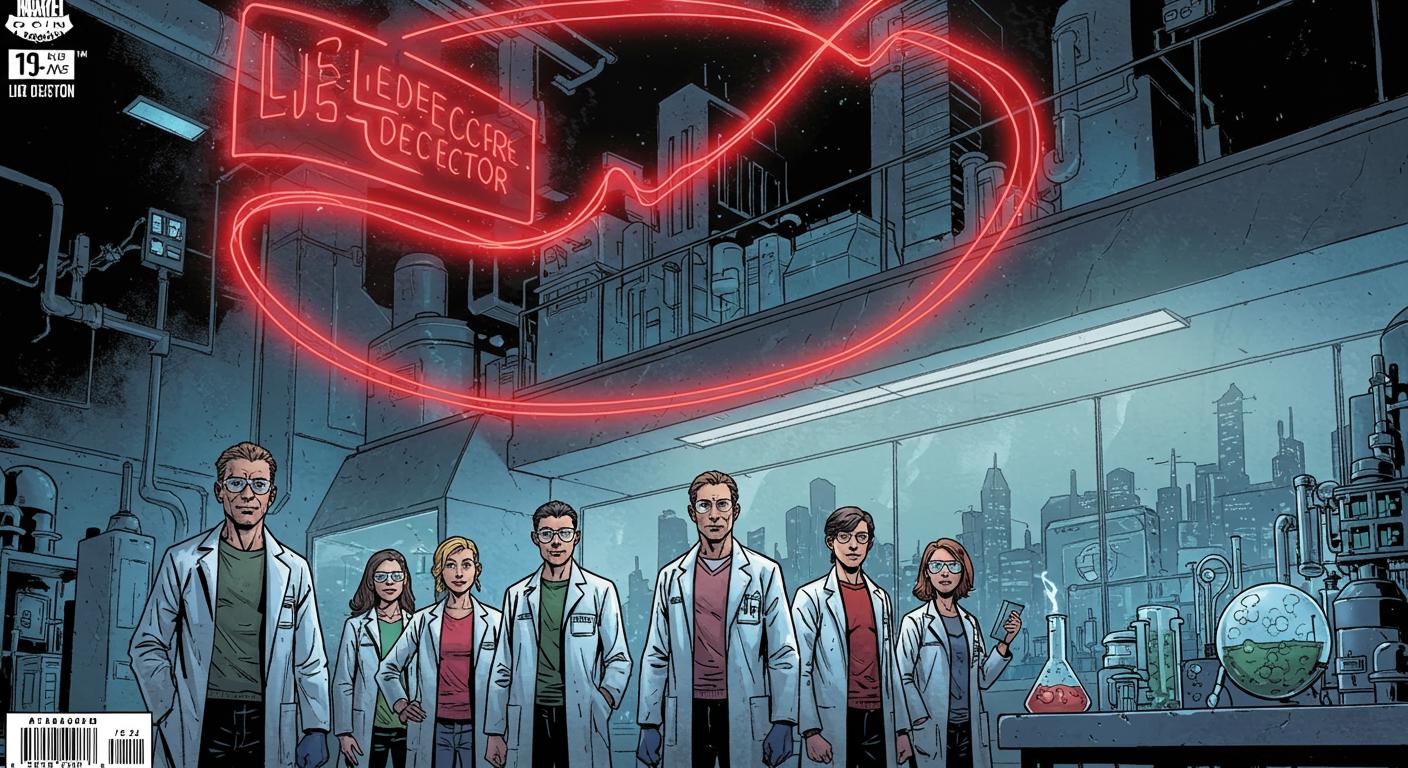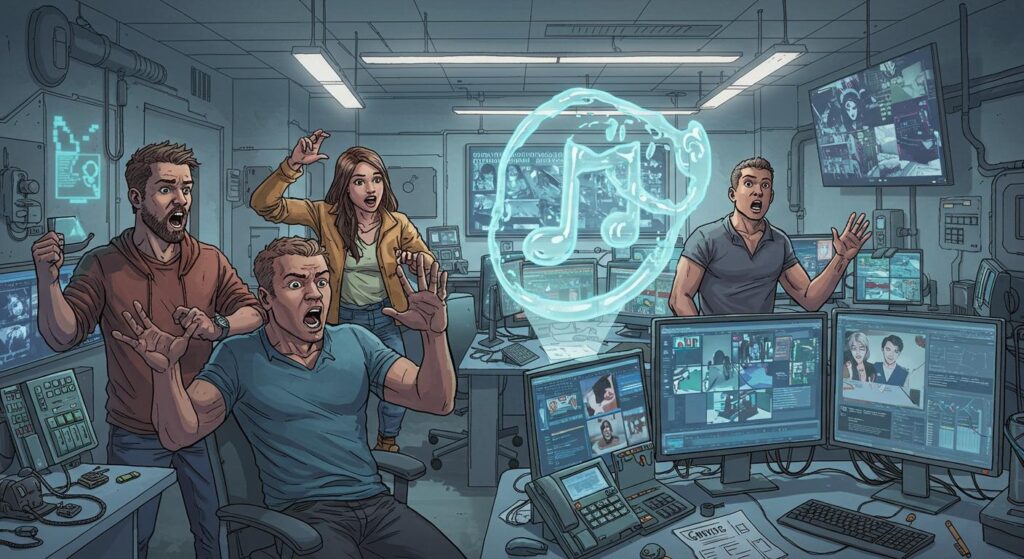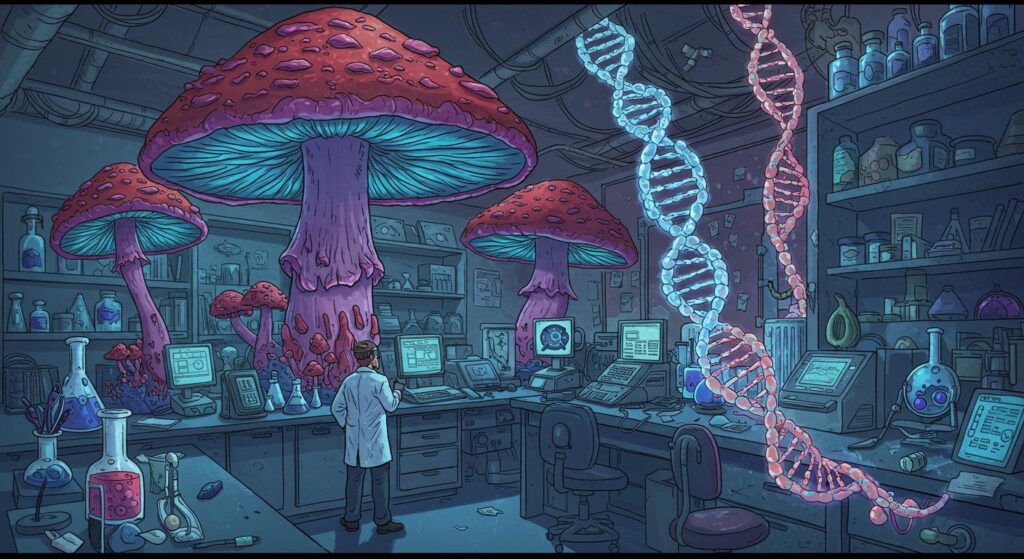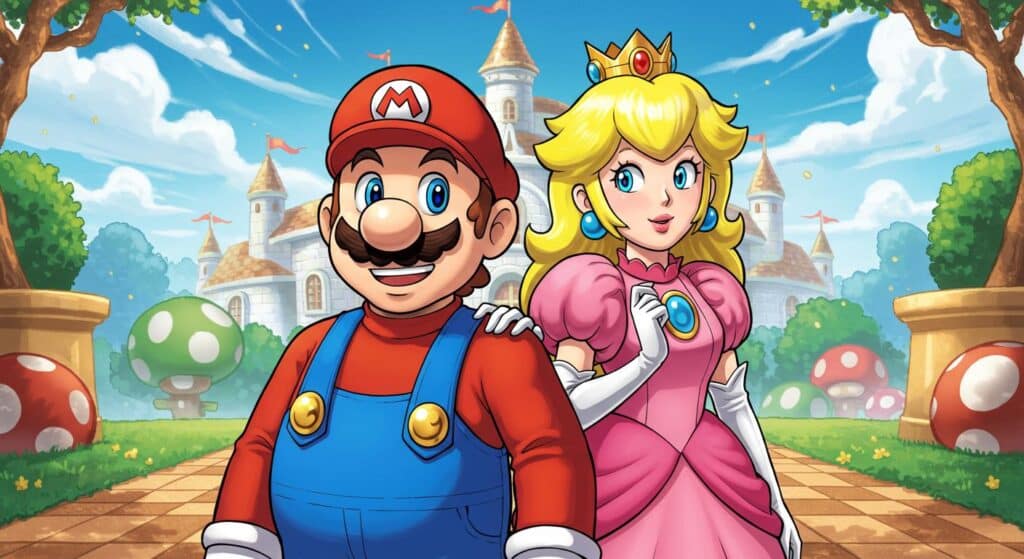The phrase “honesty is the best policy” has stood the test of time—except, it turns out, when it comes to public trust in science. That’s the somewhat, let’s say, counterintuitive suggestion emerging from new research reviewed by Phys.org, which explores how transparency (and its suspiciously close cousin, lying) shapes our faith in those bespectacled arbiters of truth.
The Transparency Paradox: When Speaking Up Backfires
Philosopher of science Byron Hyde from Bangor University has meticulously examined the commonly held belief that transparency in science automatically builds public trust. In a detail highlighted by Phys.org, Hyde introduces what he terms the “transparency paradox.” Essentially: being candid about good news—say, a promising medical breakthrough—boosts public confidence. Yet, when the not-so-glamorous facets of science come to light, such as failed experiments or reports of bias, trust takes a noticeable dip.
His analysis, published in Theory & Society, drills down to a striking observation: when institutions share “bad news”—dirty laundry like conflicts of interest, mistakes, or disappointing results—people are less likely to trust them. The rational workaround, at least on paper? Sweep the mess under the rug and serve up only the shiny successes. Hyde calls out the obvious flaw here, as Phys.org reports: this approach is both unethical and destined to unravel.
Instead, Hyde suggests the real crux of the issue is the public’s fondness for what he labels the “storybook image” of scientists—that persistent collective fantasy of flawless researchers, always right, never rattled. The outlet documents Hyde’s argument that these unrealistic expectations mean any exposure to imperfection is jarring and erodes trust further.
The Enduring Allure of the Flawless Scientist
Hyde’s critique goes further, arguing (as cited by Phys.org) that our education system does little to counter this mythmaking. While most people can regurgitate basic scientific facts, far fewer have a grip on the messy, iterative process that underpins scientific progress. For example, Hyde notes that many know the planet is warming, but few understand the inferential, evidence-weighing method that leads to such conclusions.
As outlined in the study, science progresses by inferring to the best explanation, not by delivering watertight, eternally “proven” answers. If people expect scientists to function free from bias or error, they are inevitably disappointed when reality intrudes. As Hyde observes, society is generally more forgiving of foibles in other professions, but the white coat comes with a peculiar set of expectations.
Hyde’s remedy? According to his remarks shared in Phys.org, boosting scientific literacy—specifically, teaching not just scientific facts but the facts “about” science—is essential. Only then can the public calibrate their trust, learning to accept that course corrections, spirited debate, and even the occasional wild goose chase are all standard operating procedure in research.
Is Less-Than-Honest Science the Answer?
The idea that strategic omission or a carefully placed “white lie” might safeguard trust in science is, to put it gently, a bit of an ethical landmine. Hyde, as quoted in the Phys.org report, stresses that while such tactics could offer a temporary boost, they’re neither sustainable nor advisable. “Lying increases trust in science,” he points out, “but only until the trust comes crashing down.”
It’s worth considering whether distrust stems from scientific practice itself—or from the gap between what science actually is and what the public expects it to be. Hyde’s analysis, described in the article, frames this as ultimately an education problem. If we demystify science and teach the messy reality from the get-go, transparency no longer threatens trust.
What Happens if We Prefer the Fairy Tale?
So, what does all this mean for the average news reader, science teacher, or lab-coated researcher? If, as Hyde contends and Phys.org recounts, hiding bad news isn’t a viable strategy and reforming public expectations is a slow burn, perhaps the most realistic solution is for educators and communicators to inject more process and less perfection into the story of science.
It prompts the question: would most people rather hold on to the comfortable myth, or are we ready to engage with the complicated, fallible, and still fundamentally trustworthy nature of scientific inquiry? If the messy reality is better for long-term trust, maybe the next storybook needs an update—scientists with coffee stains, late-night doubts, and all. And perhaps, as Hyde’s analysis implies, it’s time for us to get more comfortable with the idea that trust in science doesn’t require perfection—just a bit more understanding, and a lot less sweeping under the rug.







